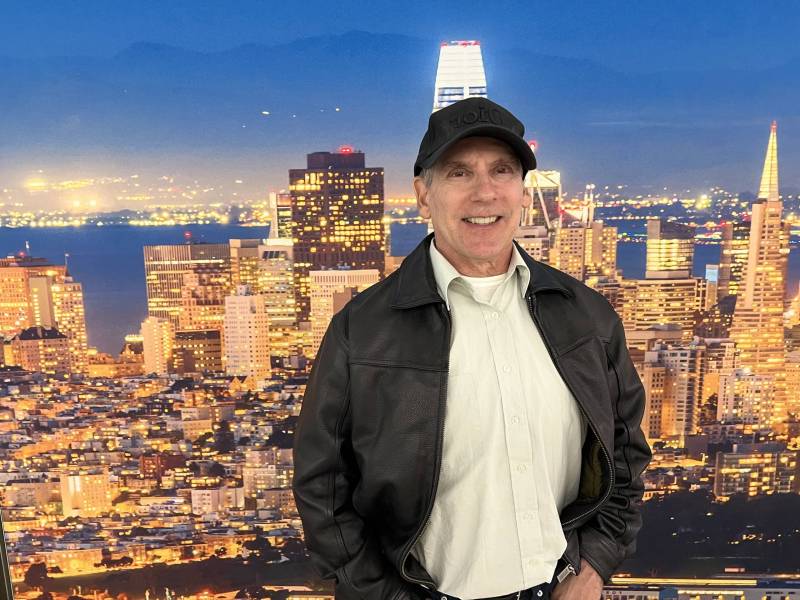Richard Swerdlow shares how now is the right time to have difficult conversations on politics.
Since the November election, it seems every person I know has the same story about a person they know when it comes to politics: “We don’t talk about it.”
Usually, it’s a family member who lives far from the Bay Area. Politics, once the source of many spirited, stimulating conversations, has become off-limits. Folks who used to enjoy a rousing political argument just can’t stomach the topic anymore. It’s like a permanent version of that old rule to never discuss politics or religion over Thanksgiving dinner. Political and emotional polarization has many of us setting our conversation content control to high, as we tip-toe around any topic that suggests an actual opinion.
In some ways, I’m enjoying this careful new conversation style. But how much small talk can you have about vacations? How long can you discuss who will win the NBA championship without acknowledging that our country faces serious challenges? And whether you’re coming from the left, right or somewhere in between, the only path toward solving those challenges begins with discussing them.
Yes, you have the right to remain silent. But avoiding controversial subjects can and will be used against you, and against all of us, as a society.
